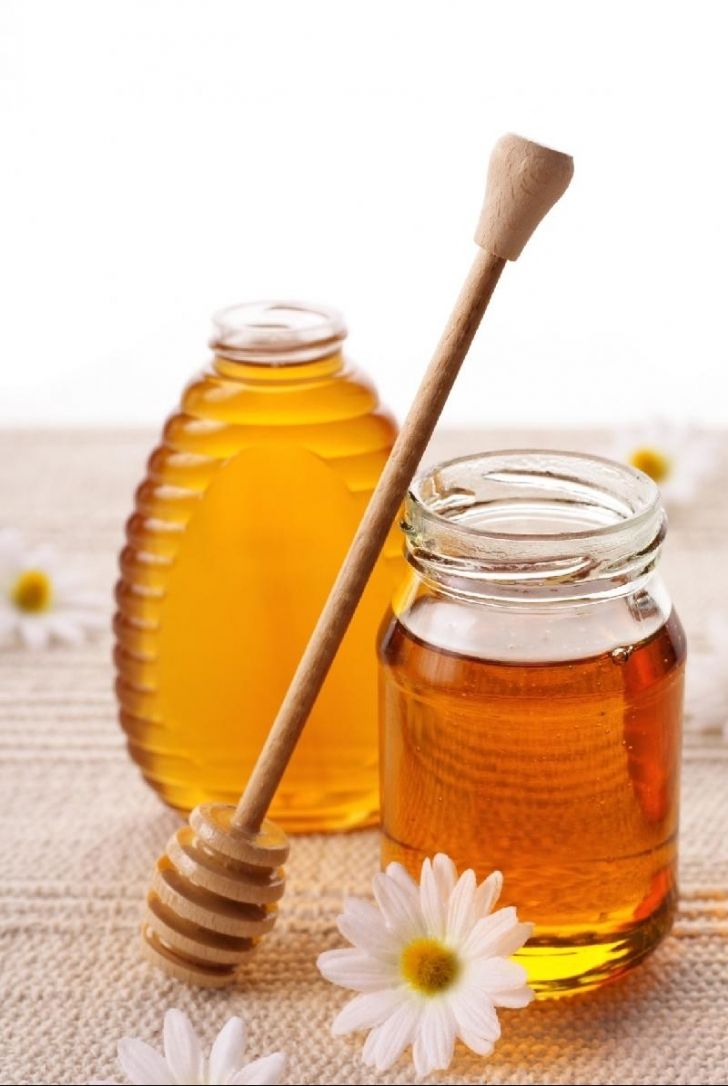Honey is often praised as a natural health booster—but is it always safe to consume?
Known as nature’s “liquid gold,” honey has long been used as a sweetener, supplement, and traditional remedy. However, not all forms of honey are created equal, and some people may need to exercise caution.
Health Potential of Honey
Compared to refined sugar, which is almost 100 percent sucrose, honey is rich in vitamins, minerals, and enzymes that promote intestinal health.
Studies have found that honey provides many medicinal benefits, such as protecting the heart and liver, and has antibacterial, anti-inflammatory, antioxidant, and anti-tumor effects. In addition, honey has the potential to regulate blood sugar, and moderate consumption can promote wound healing and soothe sore throats. In traditional medicine, honey is often used to boost immunity.
Honey contains 35 percent to 40 percent natural fructose and 30 percent to 35 percent glucose, which are metabolized differently in the body. Glucose enters the blood directly and is the main component that causes a rapid rise in blood sugar levels, whereas fructose is primarily metabolized by the liver and does not stimulate insulin secretion. Therefore, its short-term effect on blood sugar fluctuations may be minimal—but not insignificant.
It is recommended to consume honey in moderation every day—no more than one to two tablespoons, or about 15 grams to 30 grams. For people with blood sugar problems, it’s important to take extra care in managing honey intake.
How to Choose Honey Correctly
Choosing the right type of honey is essential for maximizing its health benefits and avoiding unnecessary risks. Here are a few things to look out for:
1. Watch Out for Counterfeit and Artificial Honey
Many cheap brands on the market are faked with syrups or artificial sweeteners—or may not contain any natural honey at all. When purchasing honey, pay special attention to the labels and avoid those tagged with high fructose corn syrup or glucose additives.
2. Avoid Highly Processed Honey
Some commercially available honey is pasteurized at elevated temperatures. Although this can extend the shelf life, this process destroys active enzymes and nutrients.
3. Avoid Honey From Polluted Production Areas
If the pollen source is contaminated by pesticides or heavy metals, toxins may remain in the honey, posing a potential health risk.
Choose honey from reliable sources that have undergone certified inspections. Give priority to products labeled as natural raw honey or those with organic certification to ensure quality and safety.
Tips for Safe Honey Consumption
Avoid High Temperatures
Elevated temperatures will destroy the active enzymes and nutrients in honey. Use warm water—not exceeding 104 degrees Fahrenheit—when preparing honey water.
Avoid Problematic Food Combinations
Combining honey with other high-sugar foods, such as cakes, may lead to excessive sugar intake and be harmful to health.
It’s best to pair honey with high-fiber foods, like whole-wheat bread, to help reduce the risk of blood sugar spikes. Adding honey to high-fiber foods such as yogurt and oatmeal can also delay sugar absorption and increase satiety. Studies have shown that dietary fiber significantly helps control blood sugar, low-density lipoprotein, and triglycerides.






